A riddle for you. What is good for you, something we all enjoy, but are not conscious of when we get it?
You guessed it, sleep!
Good sleep is synonymous with good health and well-being, but the reality is that many of us are not getting enough.
To take control and improve sleep quality, it is important to know what your body needs. This leads many to ask the question, "How many hours of sleep do I need?"
To find out the answer and see what you can do to improve your sleep quality, keep reading!
How Many Hours of Sleep Do I Need?
Well, it depends on your age and genetics, although accepted guidelines are a benchmark. The CDC's recommendation is 7-9 hours for most adults, with it varying for those over 65. Children understandably need more, especially in their younger years.
However, it is impossible to give one magic figure to the question of how many hours of sleep you need. Everyone is different, and some people can function better with less.
If you count yourself among those who can have memorable late nights and can wake up right as rain early the next morning for work, you have the envy of all in the "I need my 8 hours" crowd! However, even if you feel 100% most of the time, you may be fatigued without realizing it.
To find out, ask yourself the following questions:
- Do I sleep much more on weekends and holidays?
- Am I prone to moments of tiredness throughout the day?
- Do I depend on caffeine?
- Do I fall asleep within a few moments of my head hitting the pillow?
- Am I reliant on my alarm clock to wake up on time?
Answering yes to even a few of these questions is a sign that you may be sleeping too little.
The idea that we can "make up" lost sleep when we have more time is a fallacy. While you may be able to feel more chirpy after a lie-in, sleep provides many health benefits that we miss out on and never get back.
So what is it that sleep does for us?
Why Sleep Is So Important
While most of us enjoy the relaxing feeling of getting into bed during this time, our bodies are hard at work.
Asking "How many hours of sleep do I need?" is a reasonable question because getting good quality sleep involves making sure that we experience all its 4 stages. We particularly need to spend enough time in the deeper sleep stages, known as N3 and REM, when we do most of our dreaming.
During this time, our immune system is boosted, and our hormones regulate things such as stress and weight loss.
That’s right; getting a good night's sleep can help you lose weight and feel less stressed!
The part of the body that benefits the most from sleep, however, is the brain.
The powerhouse of our body is constantly working to process everything we have experienced throughout the day. Yet, while we are awake, new information is coming in at the same time. Sleeping allows our brains to regulate our emotions, improve our memory, and the refreshed brain can make better, more clear-headed decisions when we arise, ready for a new day.
In contrast, falling victim to sleep debt can have a detrimental effect in ways that can affect not only you but also others. In fact, studies show that driving while being sleep-deprived can be worse than someone being over the alcohol limit.
Lack of sleep can also increase the risk of heart disease, developing type 2 diabetes and high blood pressure; surprisingly, these consequences can result from sleeping too much. So how much sleep is too much?
Sleeping anything above 9 hours regularly should be avoided to ensure that your body only gets the upside of staying in bed.
Improve Your Sleep Hygiene
Now you have the answer to how many hours of sleep you need; you may be wondering what you can do to improve your sleep quality. The good news is that many things can be done right away that can improve your time sleeping.
The habits that you put into place to improve your sleep are known as sleep hygiene, and below are some of the practices that will best serve you to get the quality sleep that you deserve.
Get Outside
The biggest effect on our sleep quality comes from what we do while we are awake. If you fall into the camp of those who struggle to fall asleep, one of the best things that you can do is get out into the sunlight throughout the day.
This is because our body clock is dictated by our circadian rhythm, telling us when to hit the hay or stay awake. The biggest indicator for our body's regulation of this is sunlight. Therefore try to make sure you get out, especially in the morning, if you want to feel sleepy just at the right time to get you the optimum amount of sleep.
The sunlight also causes an increase in serotonin, the hormone connected to improving our mood, so you can enjoy the benefits of feeling happier as well as getting a good night's rest. Not a bad combination!
Have a Regular Bedtime
We are creatures of habit, which is best demonstrated by our natural body clock. If we try to go to bed simultaneously every night, our bodies will start to recognize the routine. Therefore if you want to reap the benefits of a good night's sleep every night, then sleeping simultaneously, even on the weekends, will do the trick.
Starting to have a regular bedtime is essentially like pressing the reset button for your circadian rhythm. Even if you are certain that you are a night owl, try it for a week, and you'll be surprised at how quickly you will find yourself yawning and looking longingly at your bedroom!
Set the Mood
Talking about your bedroom, even if you are conscious enough to ask how many hours of sleep you need, it could be that your environment is not helping you to get enough.
Starting with light, darkness is your friend when it comes to getting a good night's sleep. The pineal gland in our brains can naturally produce melatonin which helps us get the best sleep quality. So aim to have your room as dark as possible.
Also, try to make your bed as comfortable as possible. If you take the time to invest in this most intimate of places, then heading to bed at the end of a long day will be something you look forward to. And let's be honest, there is nothing more appealing than getting into a freshly made bed with new sheets.
You may need to consider changing your mattress or pillows. We spend almost a third of our life sleeping, so you may as well make it as enjoyable as possible!
Sleep and you
Getting a good night's sleep is a need that we all should take seriously. If we do, then we will reap the benefits, not just now but long into the future. Now that you have the answer to the question "How many hours of sleep do I need?" we hope that it will serve you to feel refreshed each day.
Let us help you in your quest to get a good night's rest with our high-quality bedding. With many options to choose from, you will be sure to find something worth indulging in.
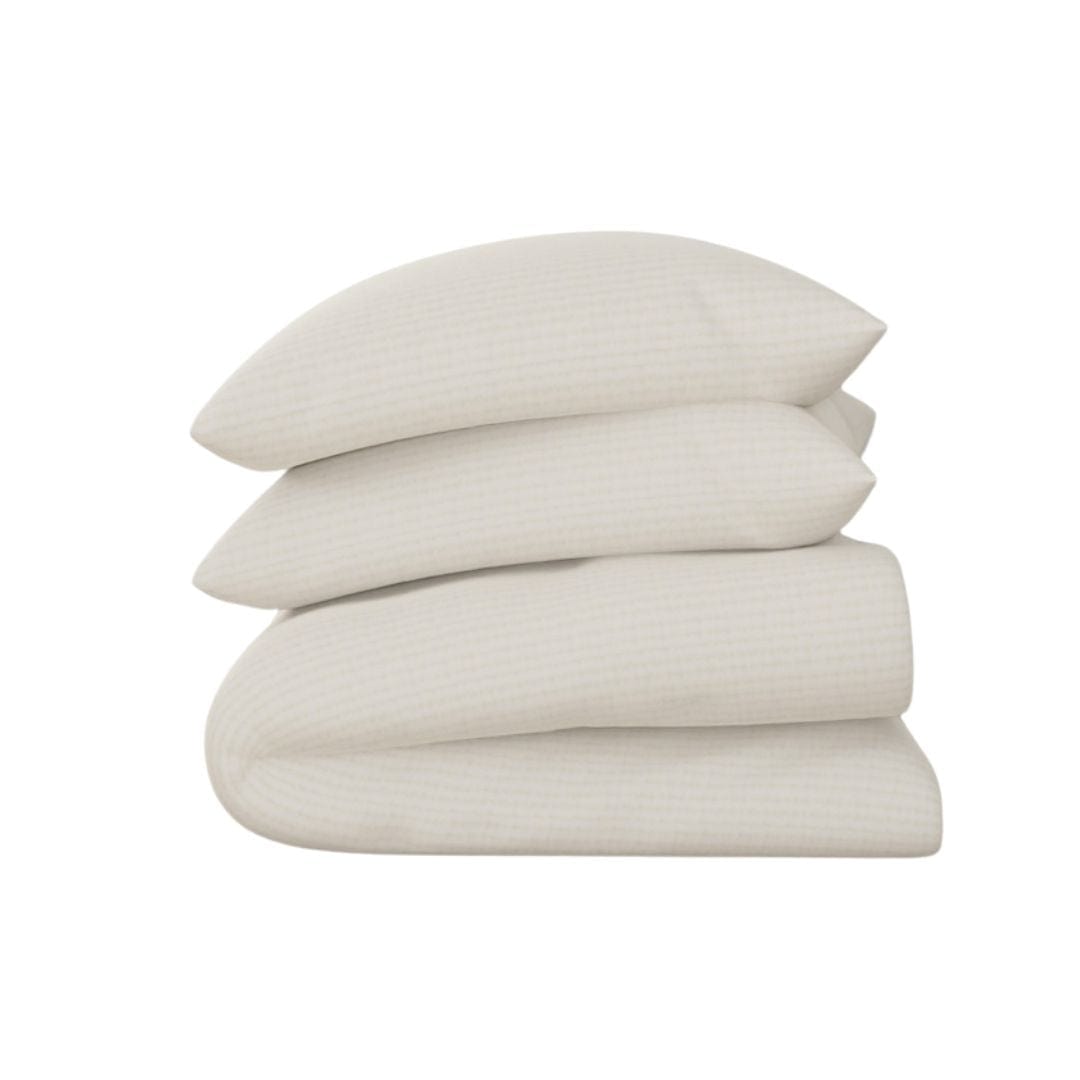
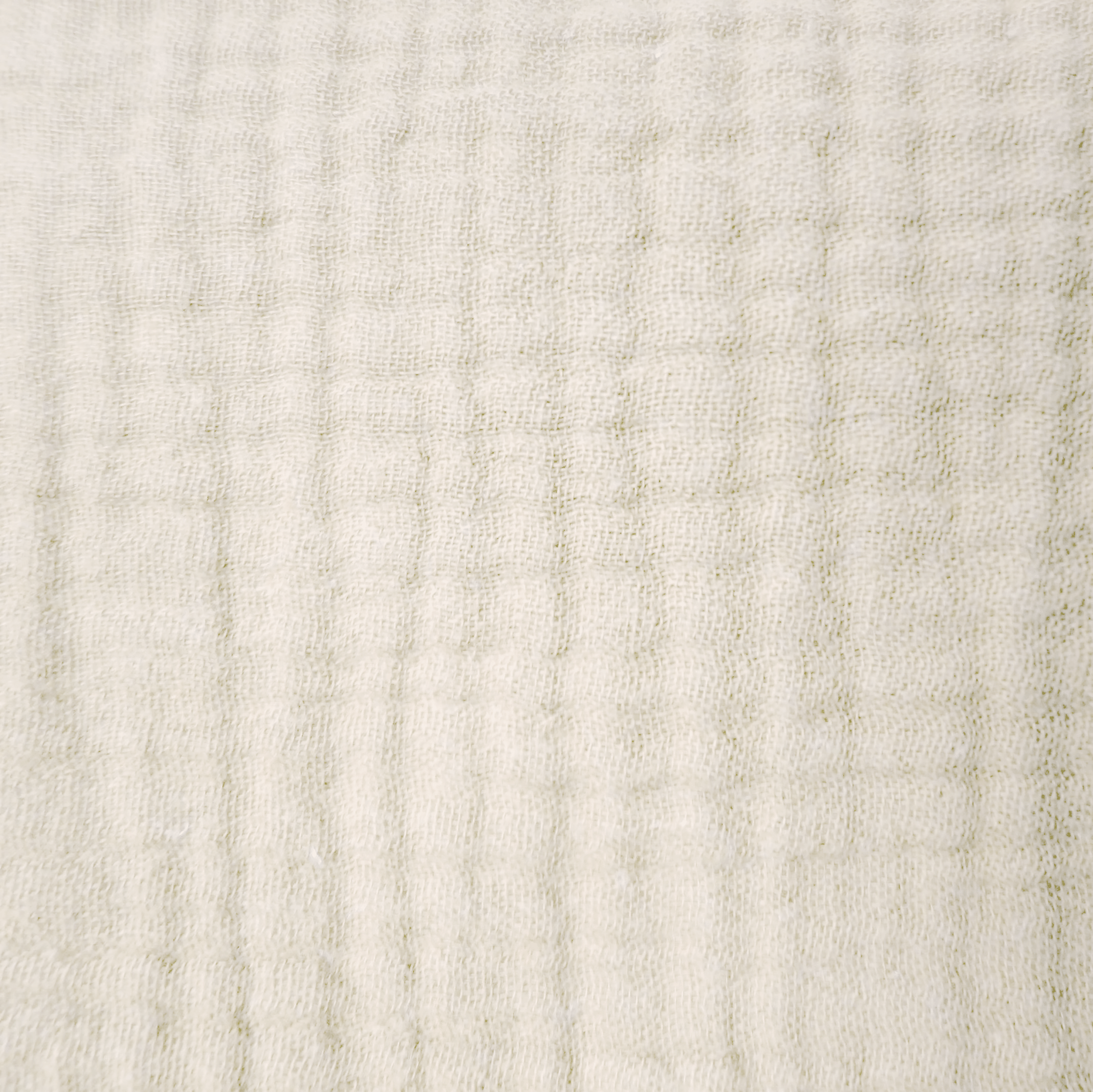
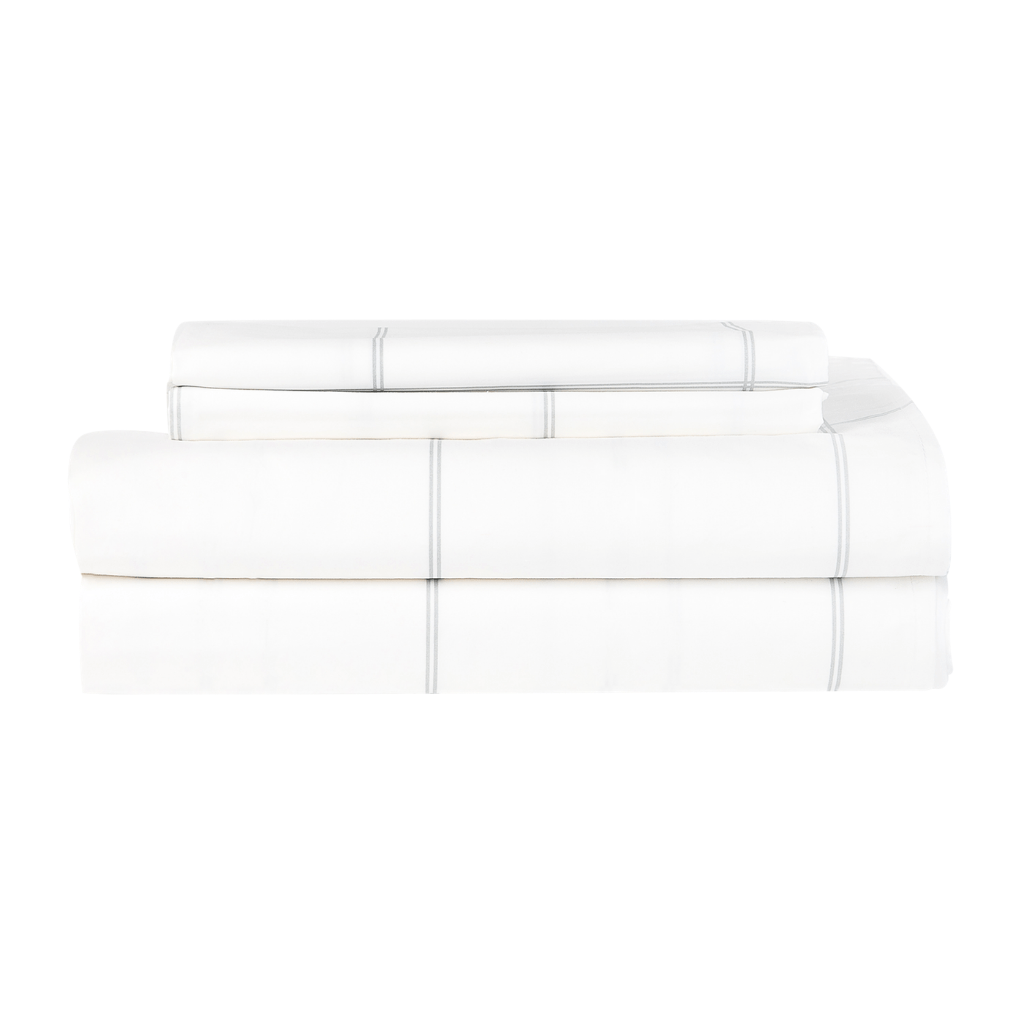

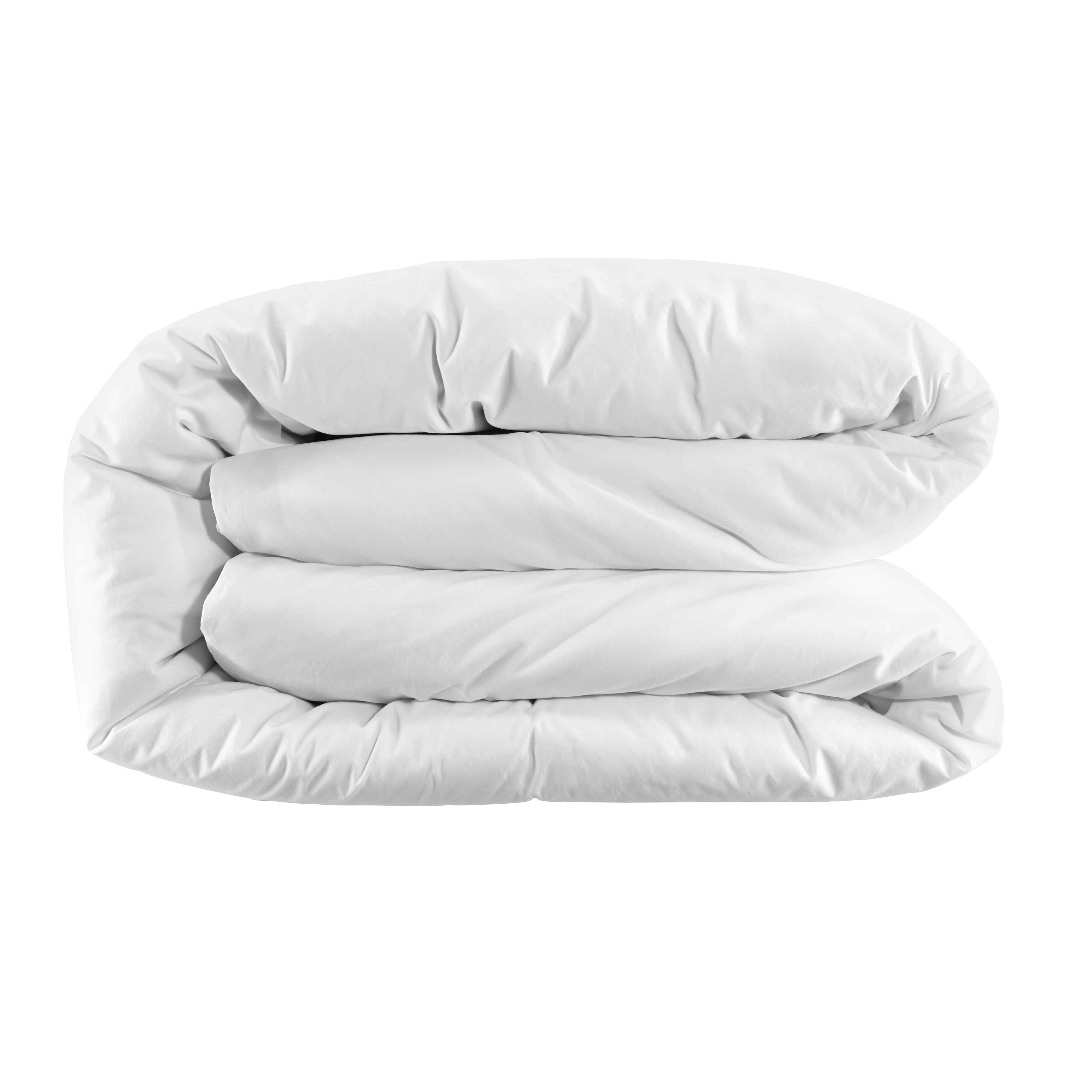
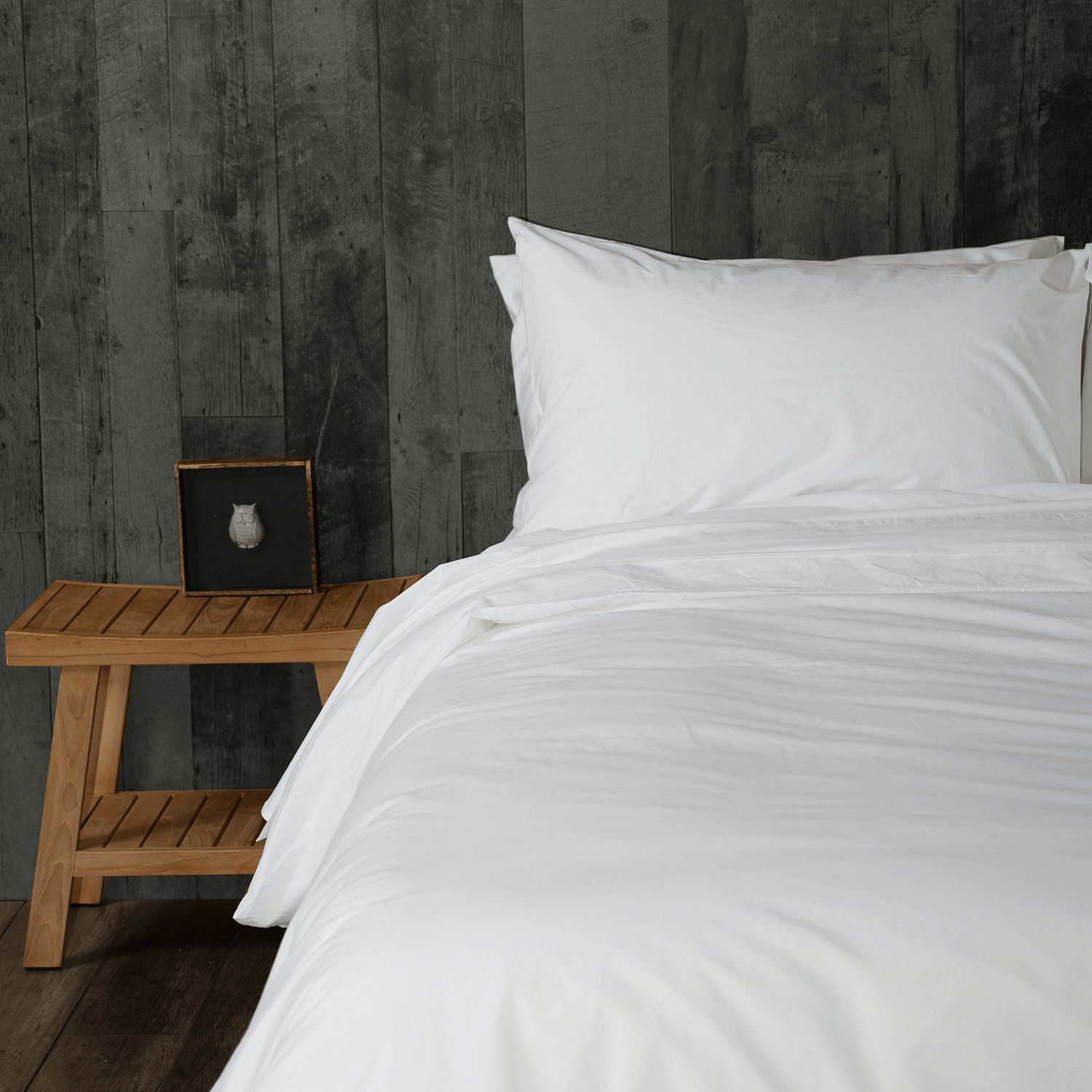

 US
US 
 CA
CA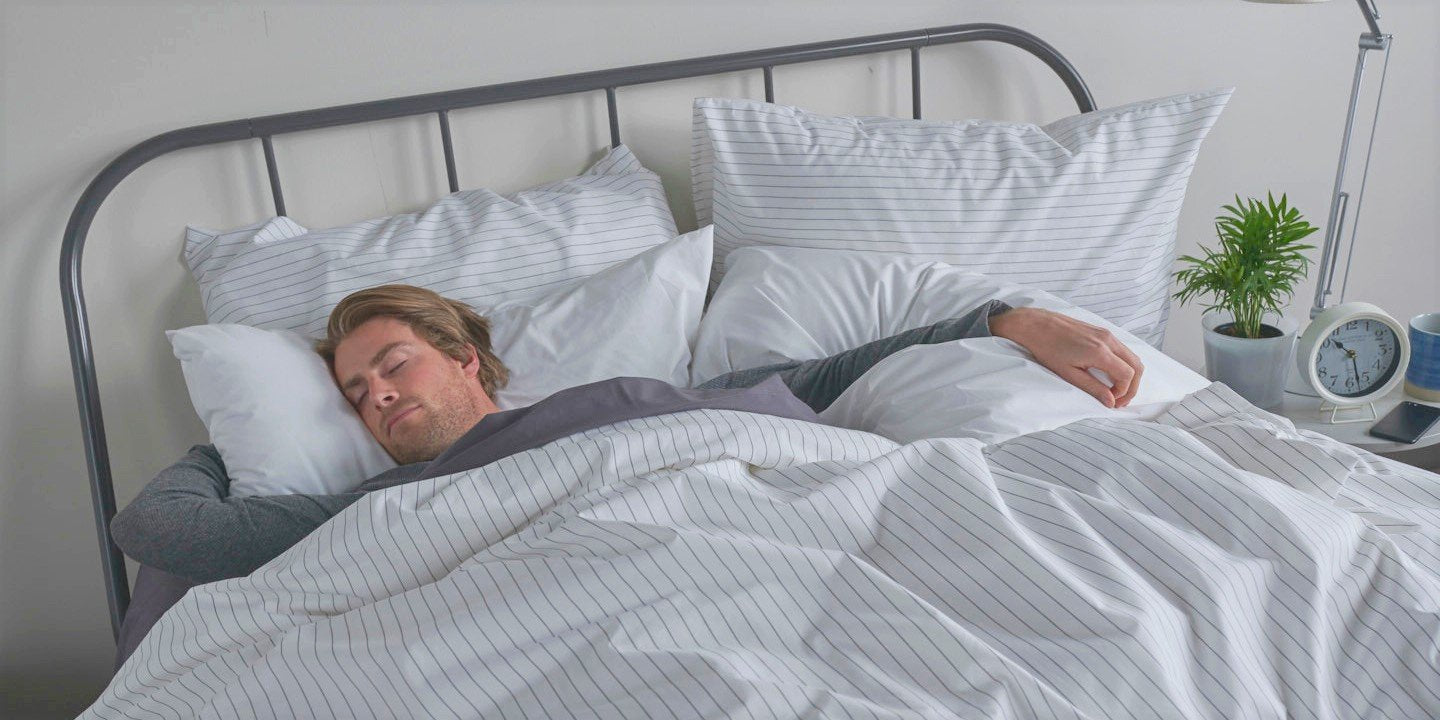
Leave a comment